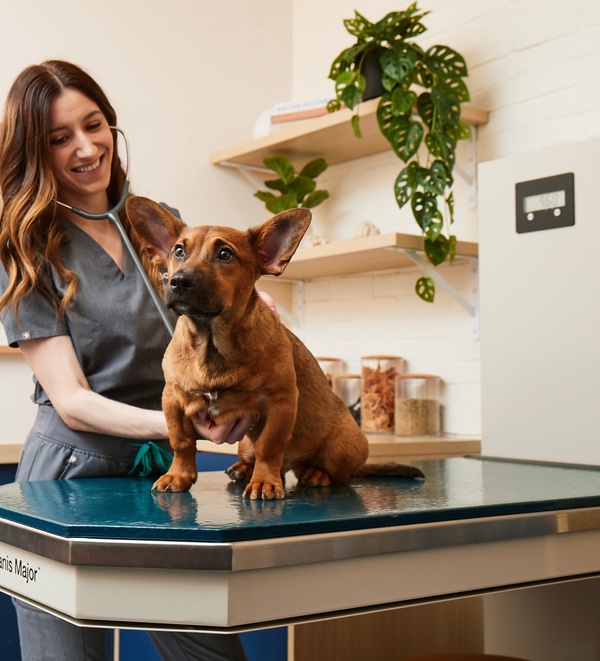
Top Pet Toxins to Avoid
Cats and dogs are curious animals, and they tend to explore their surroundings by sniffing, chewing, licking, and ingesting anything they come across. Unfortunately, many of the things they find can be harmful, and sometimes deadly. Here are the top toxins that pet parents should be aware of:
Alcohol: Even a small amount of alcohol can be dangerous for our furry friends. It can cause vomiting, diarrhea, difficulty breathing, and even coma or death. Keep all alcoholic beverages out of reach of your pets, and be careful not to spill any on the floor where they might lap it up.
Avocado: While avocados are a healthy snack for humans, they contain a toxin called persin that can be harmful to pets. It can cause vomiting, diarrhea, and even heart damage in severe cases.
Chocolate: Chocolate contains a substance called theobromine, which can be toxic to pets, especially dogs. Dark chocolate and baking chocolate are the most dangerous, but even small amounts of milk chocolate can cause vomiting, diarrhea, and hyperactivity.
Essential oils: Some essential oils, such as tea tree oil and peppermint oil, can be toxic to pets if ingested or applied topically. They can cause vomiting, diarrhea, and even liver damage in severe cases. Keep all essential oils out of reach of your pets, and use them with caution around them.
SEE ALSO: What Foods Should My Dog Never Eat?
Garlic & onions: Garlic and onions contain compounds that can damage a pet's red blood cells, leading to anemia. Even small amounts of these foods can be dangerous, so it's best to keep them away from your pets' reach.
Grapes & raisins: Grapes and raisins can cause kidney failure in dogs. Symptoms may not appear for several hours after ingestion, so it's important to seek veterinary care immediately if you suspect your pet has eaten any.
Household cleaners: Many household cleaners, such as bleach, ammonia, and disinfectants, can be toxic to pets if ingested or inhaled. Keep all cleaning products out of reach of your pets, and be sure to use them in a well-ventilated area.
Human medications: Many medications that are safe for humans can be dangerous or even deadly for pets. Never give your pet any medication without first consulting with your veterinarian.
Marijuana: With legalization in many states, it's important to keep marijuana away from pets. Marijuana can cause vomiting, lethargy, and even coma in pets.
Rodent bait: Many types of rodent bait contain toxins that can be deadly for pets if ingested. If you use rodent bait, be sure to place it in areas that are inaccessible to your pets.
If you suspect that your pet has ingested any of these toxins, call the ASPCA Animal Poison Control Center at (888) 426-4435 immediately. They are available 24/7/365 to provide advice and guidance on what steps to take.
SEE ALSO: Pancreatitis in Cats
In addition to being aware of these toxins, there are steps you can take to prevent accidental ingestion. Be sure to keep all hazardous substances out of reach of your pets, including cleaning products, medications, and foods that are toxic to pets. Make sure your garbage cans are secure and inaccessible to your pets, and keep plants that are toxic to pets, such as lilies and azaleas, out of your home and yard.
By being aware of the dangers of common household items and taking steps to prevent accidental toxin ingestion, you can help keep your pets safe and healthy.